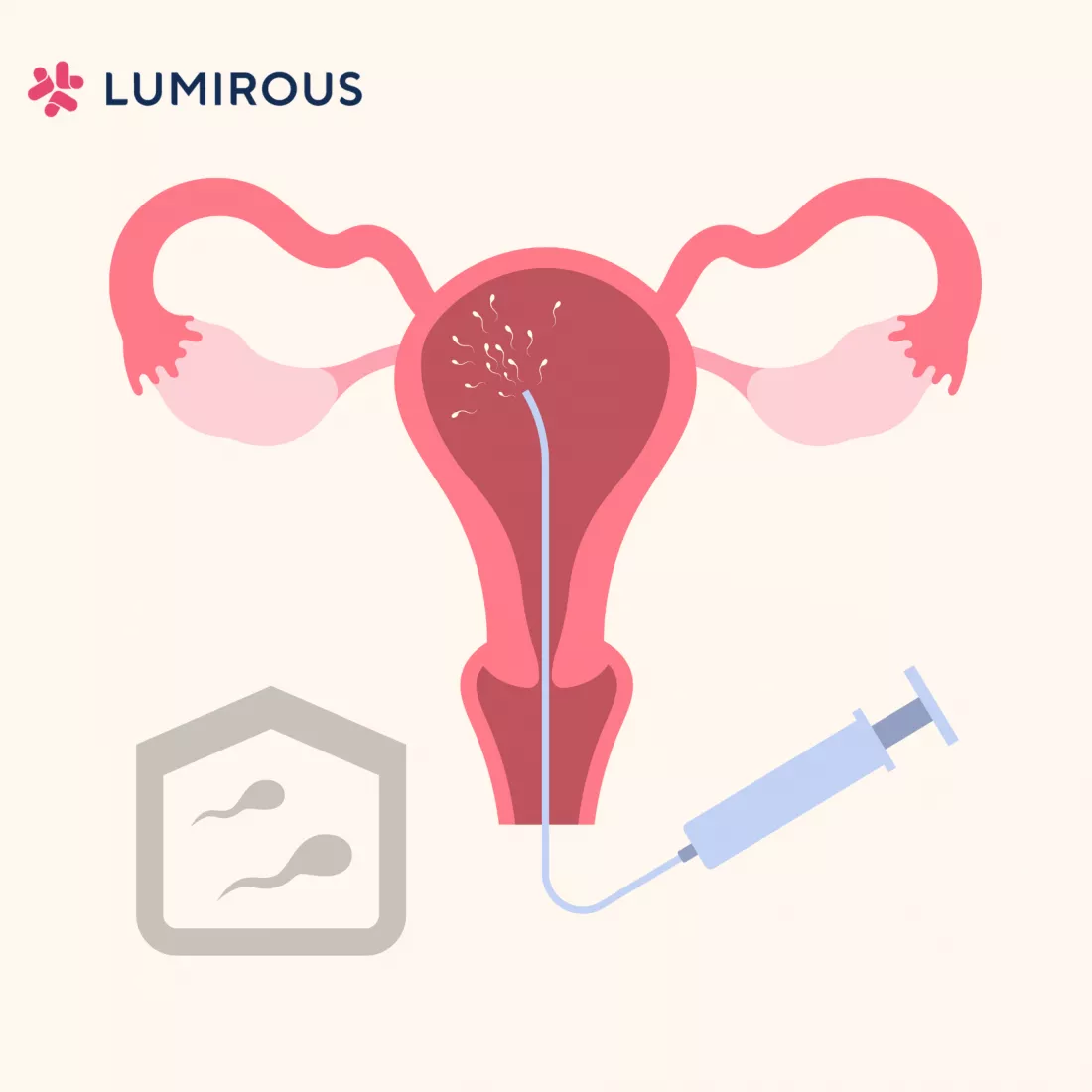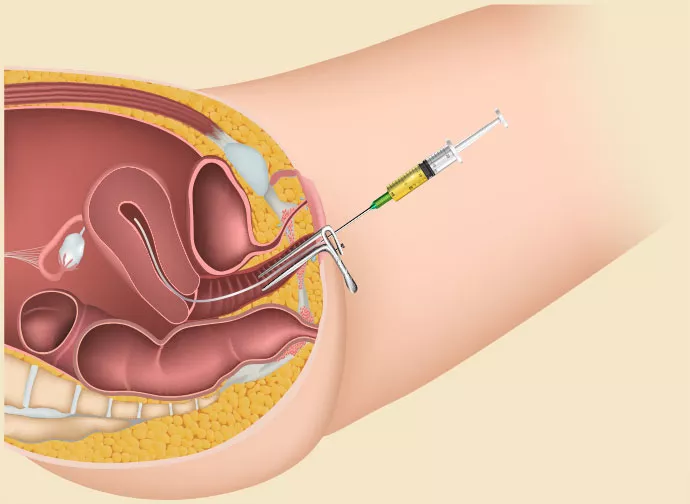Table of Contents

Infertility is a common concern faced by many couples worldwide. Assisted reproductive techniques have provided hope and solutions to individuals struggling to conceive naturally. One such technique is intrauterine insemination (IUI), a widely used procedure that can increase the chances of pregnancy.
What is IUI?
Intrauterine insemination, also known as artificial insemination, is an assisted reproductive technique that involves the placement of washed and concentrated sperm directly into a woman's uterus during her fertile window. This procedure aims to increase the number of sperm that reach the fallopian tubes, optimizing the chances of fertilization.
 Source: KL Fertility Centre
Source: KL Fertility Centre
The Process
Before undergoing IUI, a thorough evaluation of both partners is essential to identify any underlying fertility issues. In women, this may involve assessing the patency (openness) of fallopian tubes and the regularity of ovulation. Men undergo semen analysis to determine sperm count, motility, and morphology. The IUI procedure itself is relatively straightforward. [Egg making & tracking] It typically occurs around the time of ovulation, either through natural cycle monitoring or with the assistance of ovulation-inducing medications. The woman's partner or a donor provides a semen sample, which is then processed in the laboratory. [Sperm Rinsing] The sperm is washed to remove seminal fluid and any potentially harmful substances, leaving behind highly motile and healthy sperm.

Source: Gunjan IVF World
[Insemination] Using a thin catheter (flexible tube), the processed sperm is carefully inserted into the uterus through the cervix. The entire procedure is usually painless and does not require anesthesia. Afterwards, the woman may be advised to rest for a short period before resuming her normal activities.
Who can do IUI?
IUI is often recommended for couples facing certain fertility challenges. It can be suitable for couples with unexplained infertility, cervical factor infertility (when the cervix prevents sperm from passing through), male factor infertility (mild to moderate sperm abnormalities), or mild endometriosis. Additionally, IUI may be utilised in cases of donor sperm insemination or when a single woman or same-sex female couple wish to conceive.
Success Rates
It's important to note that IUI may not be suitable for everyone, and in some cases, couples may need to explore alternative assisted reproductive techniques, such as in vitro fertilization (IVF).
Consideration and Limitations
IUI isn't just reserved for fairy tale endings. It's a beacon of hope for couples facing various fertility challenges. Whether you're on a quest to conquer unexplained infertility, triumph over cervical roadblocks, or overcome mild endometriosis, IUI could be the key to unlocking your happily ever after. And let's not forget the brave warriors embracing donor sperm insemination or the superhero single ladies and same-sex couples, defying societal norms and embracing their own unique paths to parenthood with the help of IUI.
But wait, there's more to this spellbinding tale. It's crucial to consider a few important factors. Firstly, IUI is not recommended for severe male factor infertility or tubal blockage. Age can be an obstacle, affecting success rates for women over 35. And while the IUI adventure is generally safe and sound, there may be a few minor bumps in the road, including discomfort, cramps, or a tiny risk of infection. Fear not, for armed with knowledge and guidance from fertility specialists, you'll be well-equipped to tackle any challenges that may arise.
References:
- asrm.org (2025)
- mayoclinic.org (2023)
- nhs.uk (2024)
